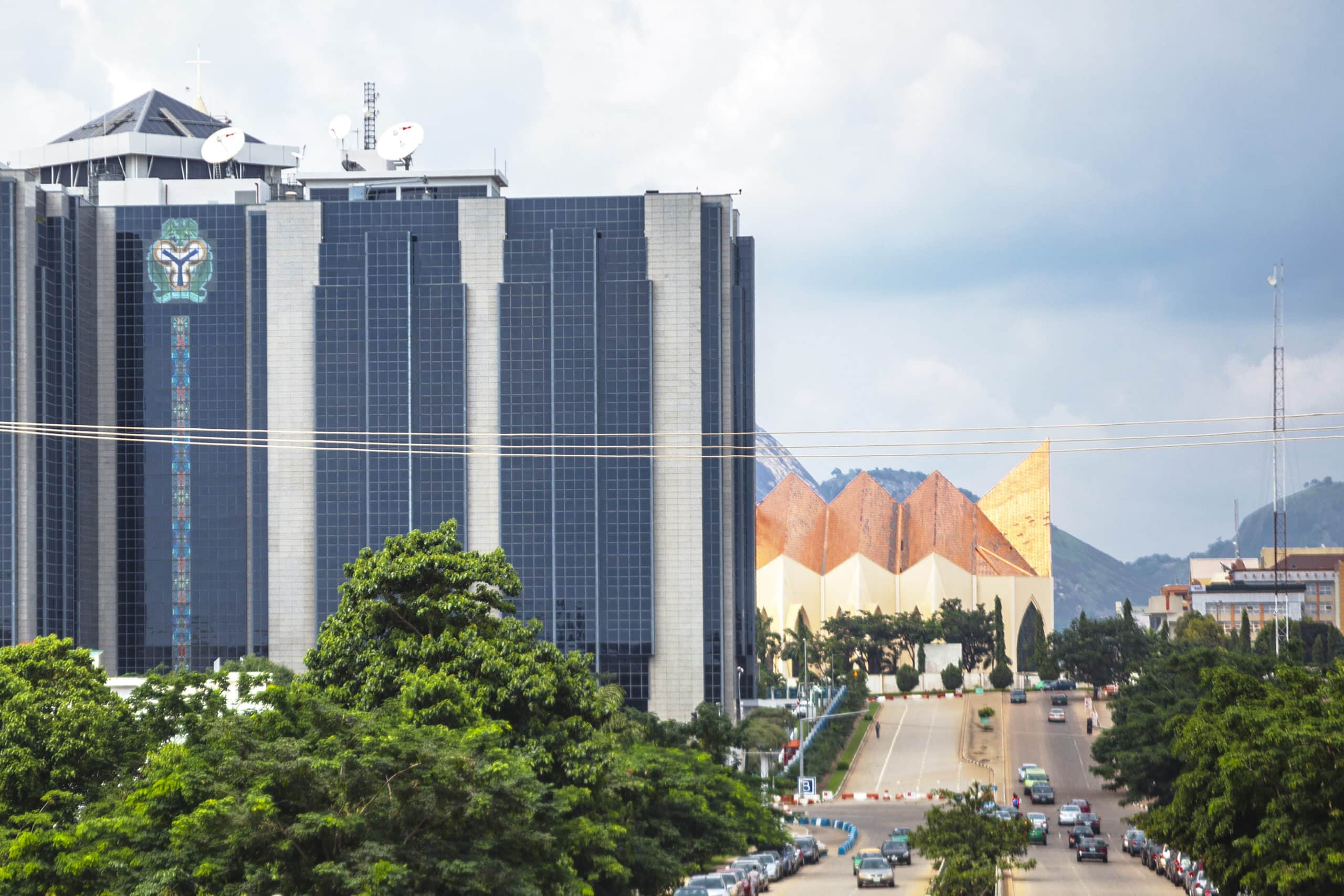The Monetary Policy Committee (MPC) of the Central Bank of Nigeria (CBN) has voted to raise the benchmark interest rate by 25 basis points. It also called for the exploration of policies that enhance investor confidence in the Nigerian economy and create opportunities for both foreign and domestic investments.
In response to the increased influx of cash to offset the effects of the fuel subsidy removal, the MPC of the Central Bank of Nigeria has voted to raise the benchmark interest rate, bringing it to 18.75% from its previous rate of 18.5%.
The CBN started its monetary policy tightening cycle in May 2022, with the benchmark interest rate rising from 11.5% then to 18.5% in May this year.
During the fourth meeting of the year held in July, the acting CBN governor, Folashodun Shonubi, revealed that “members of the MPC took the decision because of expected liquidity injections into the economy from the recent policy developments and the likely impact on inflation.”
“Members noted the need to continue to support investment, which will ultimately lead to the recovery of output growth,” Shonubi added.
Loading...
The MPC saw it fit to adjust the asymmetric corridor at +100 and -300 basis points around the MPR from the previous corridor of +100/-700 basis points around the MPR; retain the Cash Reserve Ratio (CRR) at 32.5%; and retain the Liquidity Ratio at 30%.
Advising the federal government, the MPC called for them to look into policies that boost investor confidence in the economy in Nigeria and to create opportunities for foreign and domestic investments alike.
The MPC members recognized the significance of attracting investments, especially in key sectors like auto manufacturing, aviation, and rail industries. The goal is to diversify revenue sources and reduce dependence on oil-related earnings.
Additionally, the committee urged the government to swiftly implement essential policy mechanisms to safeguard the Nigerian economy from persistent global shocks and emerging domestic challenges.
Loading...
